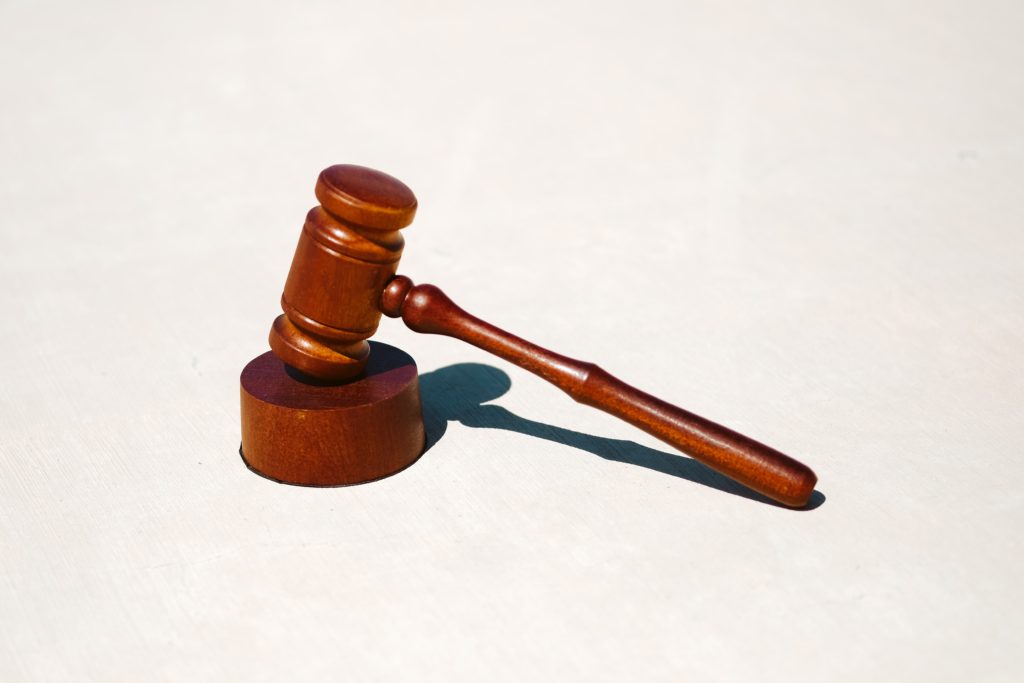The entity engages auditors to review the entity’s financial statements based on a scope agreed with the entity’s management. The auditors have many rights and duties due to the level of assurance they are providing and the performance of an external audit.

We will be discussing these rights and duties in detail in this article.
Let us start with auditors’ rights.
Auditors’ rights
1) Right of access to information and explanations
The auditors should have the right to obtain from the management the required information and explanation upon their requests. This includes the right to understand what the transaction’s nature is or what has happened during the audit period that resulted in what is shown in the entity’s financial statements.
For instance, the auditor wants to know why the entity’s sales have increased so much during the audited period. They may inquire the management for more information, and the management would have to provide the auditors with an appropriate explanation.
2) Right of access to books
Other than information and explanations, the auditors also have the right to access the books of accounts and accounting records. This includes both financial and non-financial information from both the auditing period and other relevant periods.
Such right includes access to financial reporting, the accounting system or the management accounts, and the relevant supporting documents. Having access to these items is vital to the on-time completion of the audit. It will also enable the auditor to obtain sufficient appropriate evidence for them to issue an opinion.
3) Right to be notified of the Annual General Meetings and attend them
An Annual General Meeting is an important meeting held once every year by the company to speak with and listen to its shareholders. It is the auditor’s right to be given the notice to a General Meeting and attend the meeting.
4) Right to have indemnity
An auditor should also have the right to be indemnified against any liability that arises by the company. This should allow the auditor to be protected against any legal proceedings by the entity they audited if the auditor is proved to have performed the audit with integrity and adherence to relevant laws, regulations, and professional standards.
5) Right to visit branch offices
The auditors also have the right to visit and access the entity’s other branches (if there are any) if it is necessary to ensure sufficient appropriate evidence is gathered.
6) Right to receive a legal or technical opinion
The auditors have the right to obtain advice from experts such as lawyers and internal technical teams to ensure the opinion issued is appropriate if so required.
7) Right to issue an opinion based on factual evidence
The auditors also have the right to issue the opinion according to what they have discovered during the course of the audit. They may express the opinion in favor or not in favor of the entity depending on whether any material misstatements were discovered.
9) Right to amend wrong statements
The auditors have the right to correct any statements that they discovered to be wrong during the course of the audit.
For example, they may have found that there are control issues in the entity’s internal control system or a few misstatements in the statement of profit and loss and the statement of financial position. They may then advise the management to improve those control issues or amend those misstatements.
If the management refuses to take any action to improve or amend the errors, the auditors will have the right to raise the issue to the board of directors or even the members or shareholders. If the issue cannot be resolved satisfactorily, the auditors will then have the right to make a statement about it in the final report.
10) Right to resign
The auditors have the right to resign from the entity if they believe that their independence is impaired. Some examples include when the auditor’s dependant is appointed as the board of directors or when the entity sues the auditor in a court of law.
That is all about auditors’ rights. Now, let us look at auditors’ duties.
Auditors’ duties
The auditors have a few duties. They are as follows:
1) To inquire
Auditors should inquire about matters regarding:
- Any personal expenses that are not related to the company’s business are charged to the statement of profit or loss.
- The compliance of the financial statements with the applicable accounting standards
- Loans and advances on whether they are incorrectly shown as deposits.
- Secured loans and advances on whether the attached assets are properly secured and whether the terms are fair.
2) To ensure compliance with the auditing standards
The auditing standards act as a guide for the auditor to carry out a good audit in terms of quality and efficiency. It is, therefore, imperative for the auditor to follow the standards.
3) To follow the Code of Ethics and Professional Conduct
An auditor should always follow the Code of Ethics and the Code of Professional Conduct when carrying out an audit. They should always maintain professional skepticism, i.e., having a questioning mind when reviewing or assessing the information provided by management.
4) To prepare an audit report
After the audit, the auditor would have to prepare an audit report based on the subject matter. The report will contain the auditor’s opinion on whether the entity’s financial statements are true and fair.
5) To report fraud
The auditors may come across certain documents that cause them to suspect that fraud may have taken place. Under such circumstances, they will have to report the matter to the authorities in charge immediately.
6) To assist in an investigation
The auditors also have the duty to assist with an investigation if required by providing the necessary evidence and documents to the officers in charge of the investigation.
